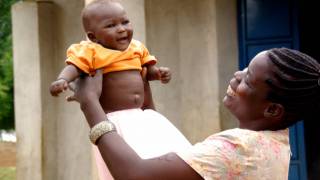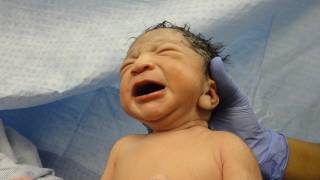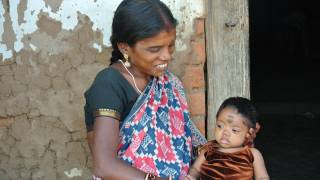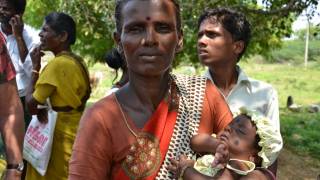Rotavirus Vaccine Found Safe And Effective For ‘At-Risk’ Children Too
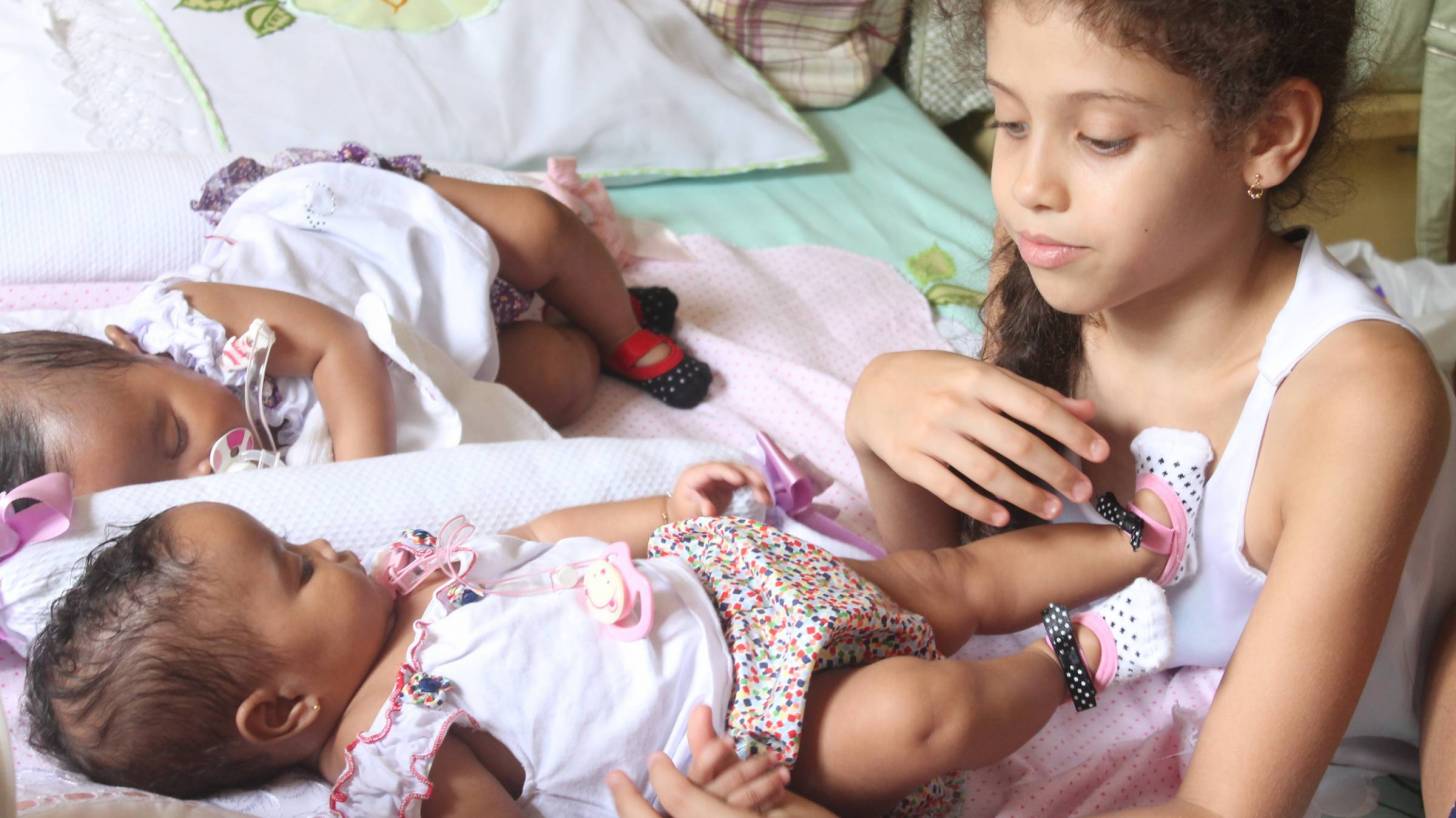
There is good news regarding the effectiveness and safety of vaccines for the deadly rotavirus.
Vaccines for rotavirus were first launched during the 1970s and are available in around 90 different countries.
The World Health Organization (WHO) estimates that more than 90 million children still lack access to a rotavirus vaccine. According to WHO estimates, 527,000 children aged less than 5 years old die each year.
On July 21, 2018, researchers from the US Centers for Disease Control and Prevention (CDC) reported they have found rotavirus vaccines can reduce both acute gastroenteritis and related hospitalizations, in at-risk infants.
Rotavirus vaccines, introduced between 2006 and 2008, have led to substantially reduced acute gastroenteritis (AGE) and rotavirus hospitalizations in the youngest high-risk children, according to this 14-year study of insurance claims data from 2001 to June 2015.
This study found for 2014 to 2015:
- Children younger than 5 had an AGE hospitalization rate reduction compared with the prevaccine period between 60 and 55 percent, and
- For rotavirus hospitalizations, reductions were between 91 and 93 percent, and
- When comparing unvaccinated and vaccinated young children, rotavirus vaccines reduced AGE hospitalization from 62 to 71 percent.
Currently, there are 2 oral, live, attenuated rotavirus vaccines available internationally, Rotarix and RotaTeq. These vaccines are delivered six weeks after birth.
Researchers say the barriers to global implementation of the vaccine include cost, suboptimal efficacy in low-income countries, and lingering safety concerns.
Moreover, they say that an oral rotavirus vaccine administered at birth has the potential to address some of these challenges.
Administration of an oral vaccine at the time of birth presents a unique opportunity that may assist the uptake of the vaccine, since the presence of gastric acid is limited at birth, and environmental enteropathy is not yet established.
Because intussusception is rare in newborns, administration of the vaccine at birth may offer a safety advantage.
Previously, during February 2018, researchers announced a rotavirus vaccine candidate, RV3-BB, was able to protect newborn babies from rotavirus.
In a recent phase 2 clinical trial, when administered according to the neonatal schedule, RV3-BB had a vaccine efficacy of 94 percent at 12 months of age and 75 percent at 18 months of age.
The RV3-BB vaccine appeared to be naturally attenuated and adapted to the newborn gut, and was shown to replicate effectively despite the presence of maternal antibodies, said these researchers in the New England Journal of Medicine.
The CDC authors have no funding or conflicts of interest to disclose. And, the findings and conclusions in this report are those of the authors and do not necessarily represent the official position of the Centers for Disease Control and Prevention, US Department of Health and Human Services.
Our Trust Standards: Medical Advisory Committee



















